Supreme Court Directs States to Ensure Compliance with Rule 170 of Drugs and Cosmetics Act
- ByAdmin --
- 06 Jun 2025 --
- 0 Comments
The Supreme Court of India has issued a crucial directive to all state governments, mandating strict compliance with Rule 170 of the Drugs and Cosmetics Rules, 1945. This move aims to strengthen the regulation of pharmaceutical products and safeguard public health by ensuring that drugs manufactured, stored, and sold across India meet the highest standards of quality and safety.
Understanding Rule 170
Rule 170 under the Drugs and Cosmetics Rules is specifically designed to regulate the sale and distribution of drugs, particularly focusing on the licensing, storage conditions, and quality control measures that must be adhered to by manufacturers, distributors, and retailers.
Key provisions under Rule 170 include:
- Licensing Requirements: Only licensed dealers and distributors can sell or stock drugs.
- Storage and Handling: Drugs must be stored under prescribed conditions to maintain efficacy.
- Quality Assurance: Regular inspections and testing to prevent the circulation of adulterated or spurious drugs.
- Record Maintenance: Dealers and manufacturers must maintain detailed records of drug stocks and sales.
Supreme Court’s Directive
In its recent judgment, the Supreme Court underscored the vital role that Rule 170 plays in protecting consumers from unsafe or substandard pharmaceutical products. The Court directed:
- Strict Enforcement by States: State drug controllers and authorities must ensure that all provisions of Rule 170 are strictly implemented.
- Regular Inspections: Frequent and surprise inspections of manufacturing units, warehouses, and retail outlets should be conducted to check compliance.
- Accountability Measures: Authorities failing to enforce the rule will be held accountable.
- Public Awareness: States should educate the public about the importance of purchasing drugs from licensed sellers only.
Legal Basis for the Directive
The Supreme Court’s order is based on its constitutional duty to protect public health and uphold the right to life under Article 21 of the Constitution of India. Additionally, the Court referenced:
- The Drugs and Cosmetics Act, 1940, which empowers the government to regulate the import, manufacture, distribution, and sale of drugs.
- The mandate to prevent the circulation of spurious or adulterated drugs, which pose a grave risk to public safety.
- Previous judgments emphasizing the need for stringent control over pharmaceuticals to avoid health hazards.
Importance of Compliance
Strict compliance with Rule 170 is essential because:
- Protecting Consumer Health: Substandard or fake drugs can cause serious health complications and even fatalities.
- Maintaining Drug Integrity: Proper storage and handling preserve the effectiveness of medicines.
- Preventing Illegal Trade: Licensing curtails unauthorized dealers who may trade in counterfeit or expired drugs.
- Boosting Public Confidence: Robust regulatory oversight reassures consumers and supports the pharmaceutical industry’s credibility.
Challenges in Enforcement
Despite existing laws, challenges persist in ensuring full compliance:
- Resource Constraints: State drug control authorities often face manpower and funding shortages.
- Corruption and Laxity: Some inspections are compromised due to corruption or negligence.
- Market Size and Diversity: India’s vast pharmaceutical market and numerous players make monitoring difficult.
- Awareness Gap: Many consumers remain unaware of the risks associated with unlicensed sellers.
Steps Forward
The Supreme Court’s directive urges a multi-pronged approach to address these challenges:
- Strengthening Drug Control Authorities: Providing adequate training, staffing, and resources.
- Technology Use: Employing digital tracking and reporting systems for better monitoring.
- Community Engagement: Educating healthcare providers and consumers about safe drug practices.
- Strict Penalties: Enforcing harsher punishments against violations to deter malpractice.
Conclusion
The Supreme Court’s order to ensure compliance with Rule 170 of the Drugs and Cosmetics Act highlights the critical need to safeguard India’s pharmaceutical supply chain. By directing states to enforce this rule rigorously, the Court reaffirms its commitment to public health and safety.
Effective implementation of Rule 170 will help prevent the circulation of harmful drugs, protect consumers, and strengthen trust in the healthcare system. This ruling serves as a reminder that stringent regulation, accountability, and awareness are key to ensuring safe and effective medicines reach every citizen.






















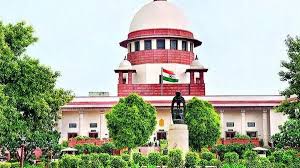














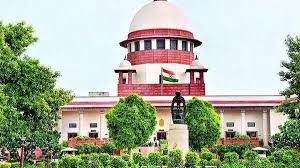



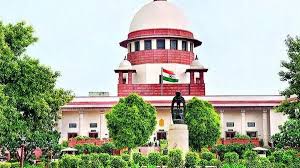




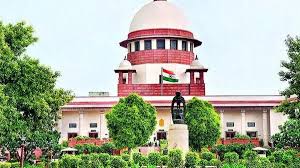



















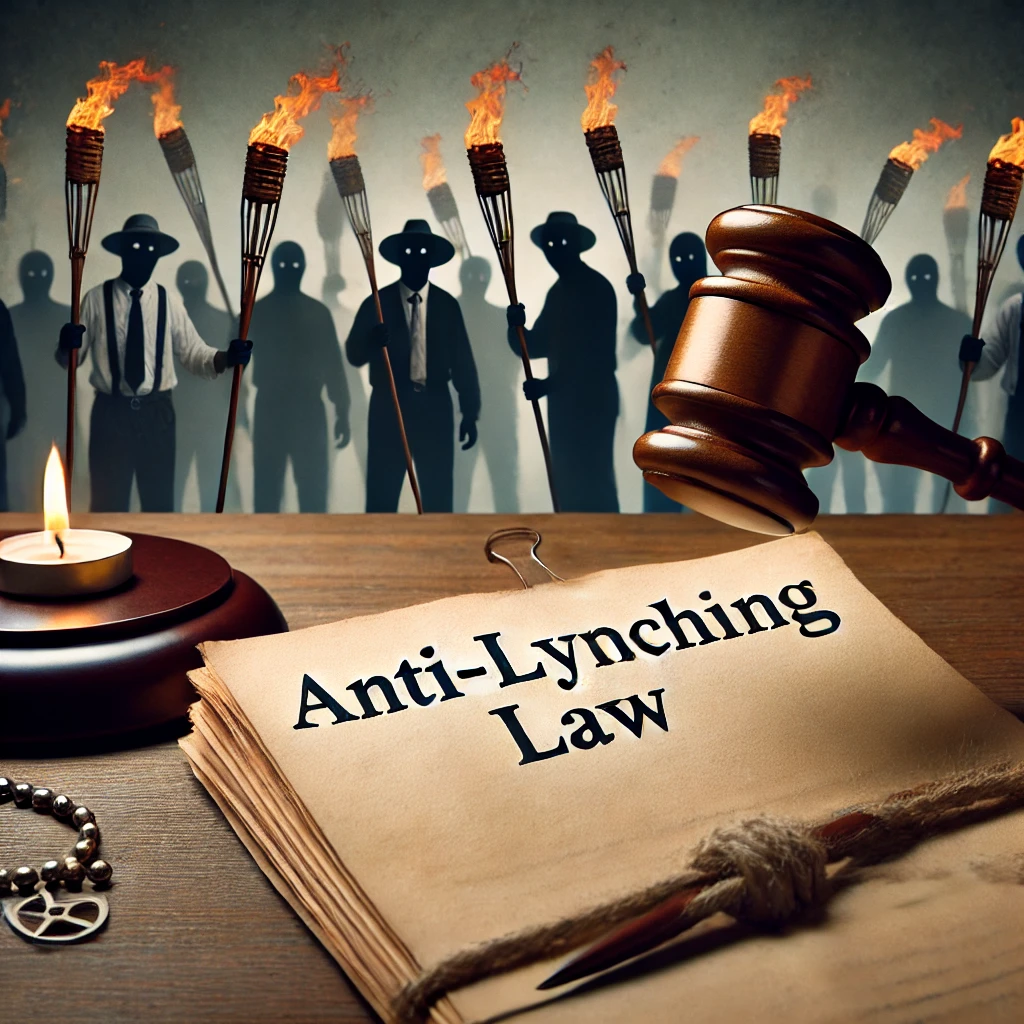
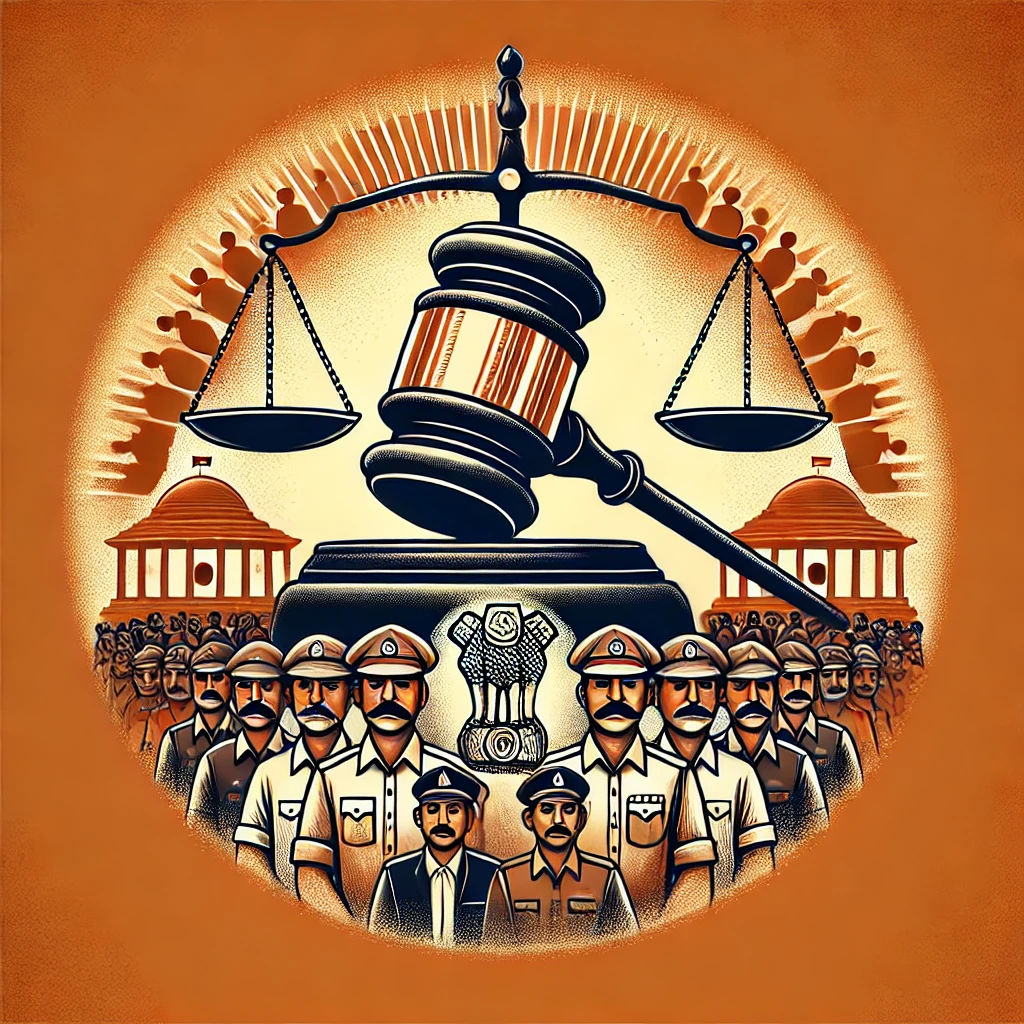






























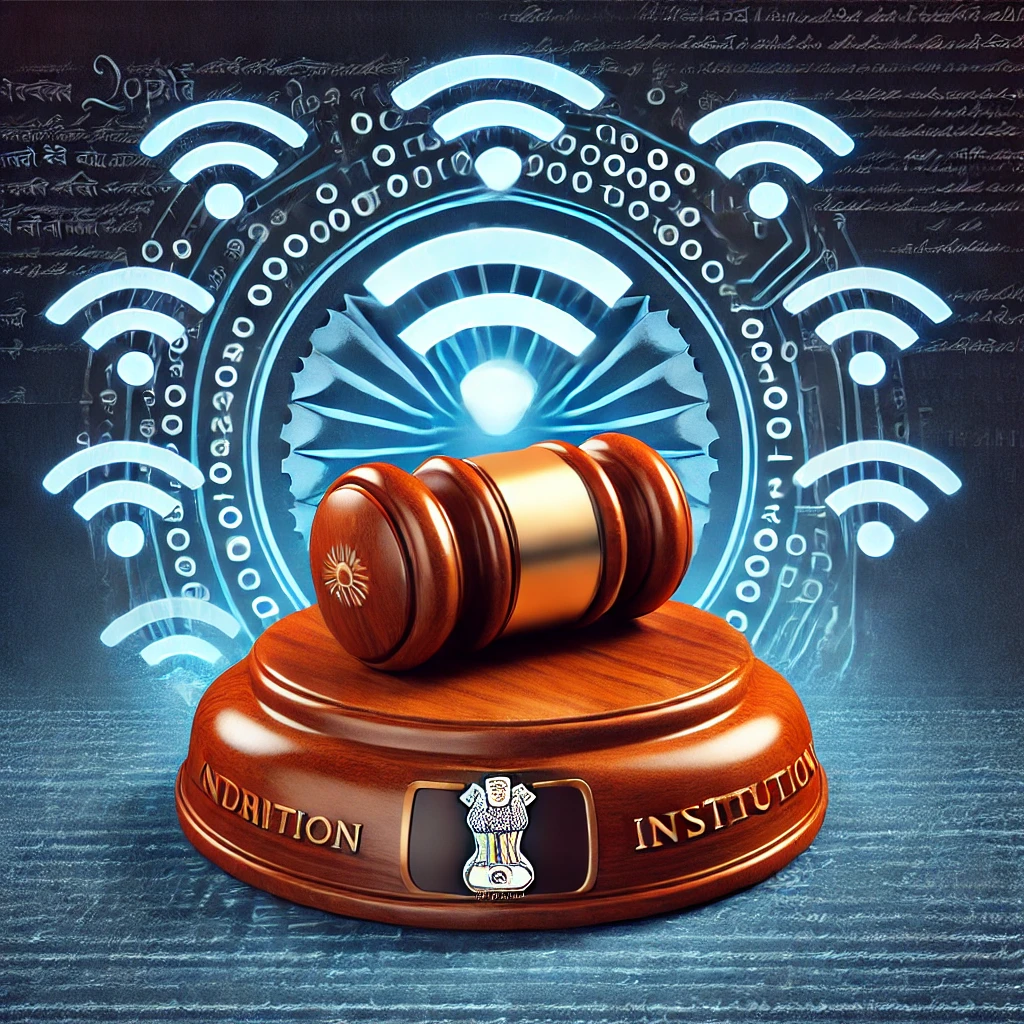





























































































































































































































































































































































































































































































































































































































































































































































































































0 comments